Ana P. Santos
Getting pregnant has little to do with promiscuity but everything has to do with ignorance.
On the wall hung a framed cartoon of a perplexed obstetrician looking at the patient sitting up on the examination table. The patient was a mermaid.
Dr Christine Felding translated the Danish cartoon for me as talking about how an obstetrician needs to be prepared to see all kinds of patients and we both had a laugh.
It wasn’t exactly what I expected to find in an abortion clinic. Till then, my experience with abortions in the Philippines had been limited to dark back alleys and eccentric hilots (roughly translated, a masseuse) who claimed to have the power to induce an abortion through magical chants.
I was in Denmark where abortions are legal up to the 12th week of pregnancy and where women’s health clinics like the one I was in treat patients for a full circle of sexual health conditions: pregnancy, infertility, and reproductive health diseases. Included in this bundle is medical abortion.
Dr Felding’s clinic was made up of white walls with pictures of flowers and witty cartoons and windows where warm sunlight streamed through. In the waiting room, I could sit by the window and have a full view of the tree-lined streets of Rungsted, a very affluent suburb just outside Copenhagen.
SURPISED. Dr. Christine Felding was surprised to see that it was mostly young Filipino women coming to her clinic for abortion services. Photo by Ana P. Santos/Rappler
I was there to see Dr Felding who had been cited in news reports as saying that most of her patients coming in to get an abortion were Filipino women.
I came there to get behind the why. I wasn’t convinced that the young Filipino women who came to Denmark to work as au pairson a cultural exchange program had a monopoly on sexual liaisons.
«When I ask them about contraception, they say they haven’t heard of it or don’t use it. When I ask them why, they say it’s because they’re Catholic,» Dr Felding told me.
Unplanned pregnancies beyond borders
I’ve had variations of this conversation in other parts of the world highlighting the problem of unplanned pregnancies among female migrant workers.
On one hand, this is somewhat an extension of what is happening in the Philippines where one out of 4 pregnancies is unplanned and the rate of teen pregnancy is soaring.
Our conservative and prudish refusal to teach sex education is hurting our migrant women. It is leaving them unprepared for the physical and psychological realities of living abroad.
Having an unplanned pregnancy at home in the Philippines can set off a chain of events with a list of long-term health and economic ramifications.
Imagine having an unplanned pregnancy as a migrant worker in a foreign country where your earning capacity is directly tied to you being able to work in your host country. In some cases, you may not even be there legally.
An unplanned pregnancy puts you in a very tight corner where only hard choices are left.
In Denmark, where many Filipino migrant workers fall into the category of au pairs on a cultural exchange program, the employment contract stipulates that au pairs must be single and must not have children.
Before Danish laws softened in 2015, a pregnancy automatically meant employment termination for the au pair and deportation.
Currently, a pregnant au pair can stay in Denmark for the duration of her pregnancy and up to two months after – provided that her host family/employer allows it.
In Gulf countries where more than two million Filipino migrant workers are deployed, an unplanned pregnancy has even more dire consequences.
Pregnancy outside a legal marriage is a criminal act. It is a violation of zina laws patterned after Islamic legal tradition which define any act of illicit sexual intercourse between a man and woman as unlawful.
Collectively known as «love cases», acts such as unmarried sex, pregnancy outside of marriage and adultery are punishable by imprisonment of up to one year. If the offender is a Muslim, the sentence will carry an additional punishment of 100 lashes. Married Muslim offenders will be sentenced to death by stoning.
Both men and women can be charged with the crime of zina, but since it is only women who get pregnant, it is mostly women who are prosecuted.
In Dubai, there are reports of babies being abandoned at hospitals so unmarried mothers can avoid detention. Alongside this are stories of women giving birth at home, of clandestine arrangements with doctors who agree to perform pre-natal checkups on unmarried patients without reporting them to the authorities. A higher consultation fee is paid to buy their silence.
Human Rights Watch is calling for the abolition of zina laws, calling them archaic, inhumane and unjust because they are discriminately applied and disproportionately affect low-skilled migrant women.
On a recent reporting trip to Doha last May, I visited two jails and saw that the women detained with their children for breaking zinalaws were mostly domestic workers from the Philippines, Bangladesh, and India.
Overlooked and absent
There are no official statistics on the number of Filipino migrant women who have unplanned pregnancies, but the reports from the different countries attest to its high level of occurrence.
If we trace back the causes, we will find ourselves with the basics: the absence of adequate sex education.
I’ll go even further to include the dichotomy of our social conditioning that excessively romanticizes relationships and motherhood, but stigmatizes contraception and slut-shamesanyone who needs to use it.
You may argue that other labor-sending countries don’t have a stellar record as far as progressive sex education is concerned and that is true. But neither do they have the record of having one of the best practices when it comes to migrant worker support.
The Philippines has been applauded as having successfully institutionalized a labor exportation policy that prioritizes the welfare of its citizens. This is supported by the mandatory orientation seminars and the presence of welfare offices in countries with a large Filipino migrant population.
In Doha, for example, when I visited the jails, the lady guards automatically assumed I was from the embassy. When I told them I wasn’t, they said that it is only the Philippine embassy that regularly sends officers to visit detained citizens, monitor their cases and provide legal advice.
But clearly, there is one aspect of protection that we are overlooking. Reproductive health education needs to be integrated in a migrant woman’s preparation for her life abroad.
On the average, a Filipino female migrant worker is between 25 to 29 years old, and for the most part, single with dependents. The typical duration of an employment contract is two years. It is not realistic to expect that a migrant worker will not explore romantic relationships during that time.
Being away from family and friends compound feelings of homesickness and loneliness. Adjusting to a new place, a foreign culture and a language you do not speak add to the isolation.
It is natural to seek out companionship of friends or other like-minded individuals. Romantic relations may be viewed as a welcome distraction and a form of validation.
However, what seems less obvious is that intimate relationships do not need to result in pregnancies.
Love, romance, sex education
There is a need to equip our migrant women with information about reproductive health information and reinforce the consequences of unplanned pregnancy for a labor migrant.
This gap can be filled by distributing information at the various touch points labor migrants are required to cross before they leave the country.
One is the pre-departure orientation seminar (PDOS) required by the Philippine Overseas Employment Agency. As required by law, an HIV 101 module is already integrated in the PDOS; a reproductive health segment can be easily tucked on.
Direct hires can be informed at the OFW desks in the airports where their employment documents are screened. Recruitment agencies where a lot of people spend a lot of time lining up may also be another channel.
To be clear, I am not talking about a medical brochure with illustrations of a uterus. Neither do I envision something pornographic or bordering on salacious. I do envision a graphic romance novel written as a friendly non-judgmental narrative and presented in the language that the migrant worker is most familiar with.
I imagine it to be a story framed around the complicated realities of falling in love and managing relationships as a female migrant worker. I expect it to be entertaining as well as educational.
Just like any other bit of information that needs to be learned, social media can be utilized to amplify this information in channels that OFWs can access even while overseas.
In more liberal host countries like Denmark, there could be informal sessions and workshops on relationship and cultural norms similar to those dating workshops given to refugee men in Norway.
Not promiscuous just ignorant
Clearly, something must be done to address the problem.
Dr Felding seemed pensive and wistful when she talked to me about the Filipino au pairs who came to her clinic.
Her clinical experience gave her the perspective of two different worlds: one where Danish women are empowered to make decisions about their bodies and another where Filipino women are clueless and left to suffer the consequences.
In the case of the latter, getting pregnant had little to do with promiscuity but everything had to do with ignorance.
«I’ve always said that when that plane from Manila comes in, the au pairs should already have a pill in their mouth,» Dr Felding said.
Sadly, a pill in your mouth or a condom in your bag won’t be of much help unless you have the information on how to use it. – Rappler.com
Reporting for this piece was supported by the Pulitzer Center on Crisis Reporting in Washington, D.C.
Source:
http://www.rappler.com/thought-leaders/174450-lack-sex-education-hurt-female-labor-migrants


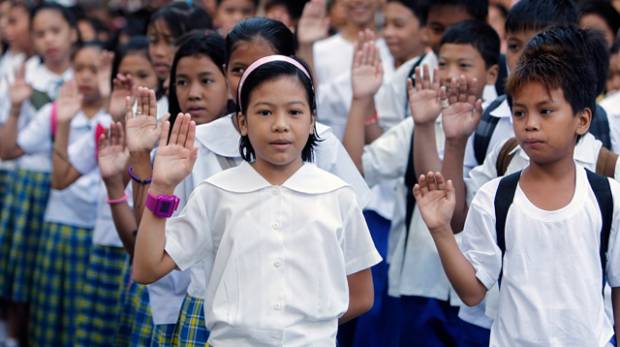

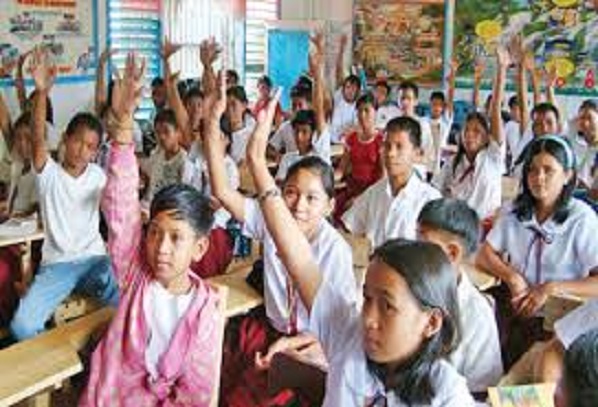
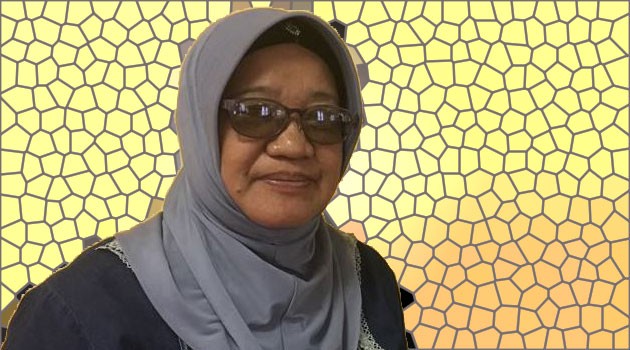
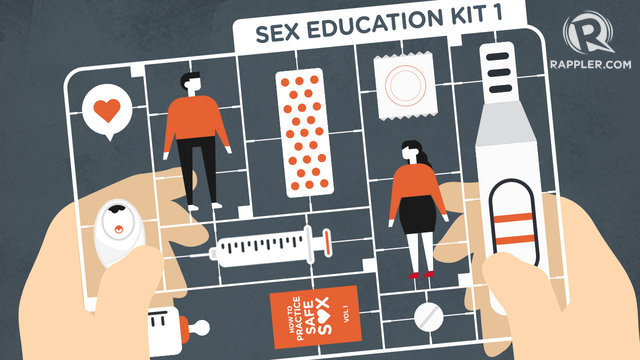
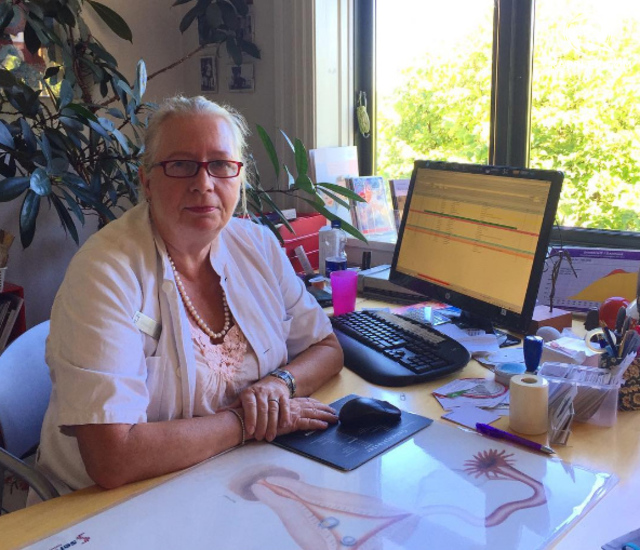






 Users Today : 19
Users Today : 19 Total Users : 35459614
Total Users : 35459614 Views Today : 51
Views Today : 51 Total views : 3418023
Total views : 3418023